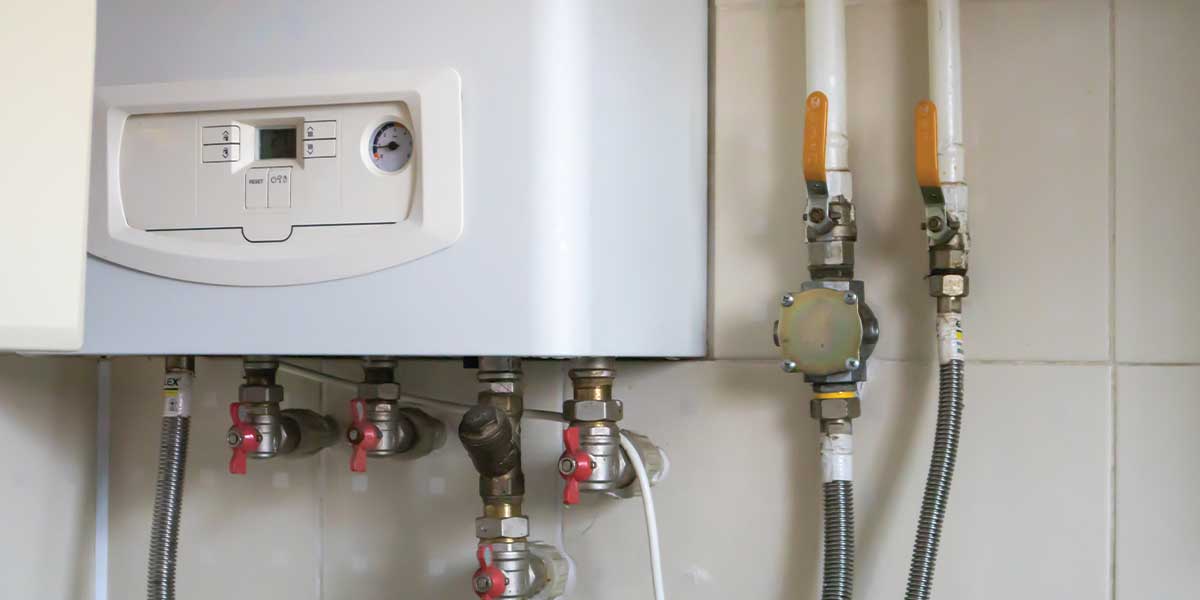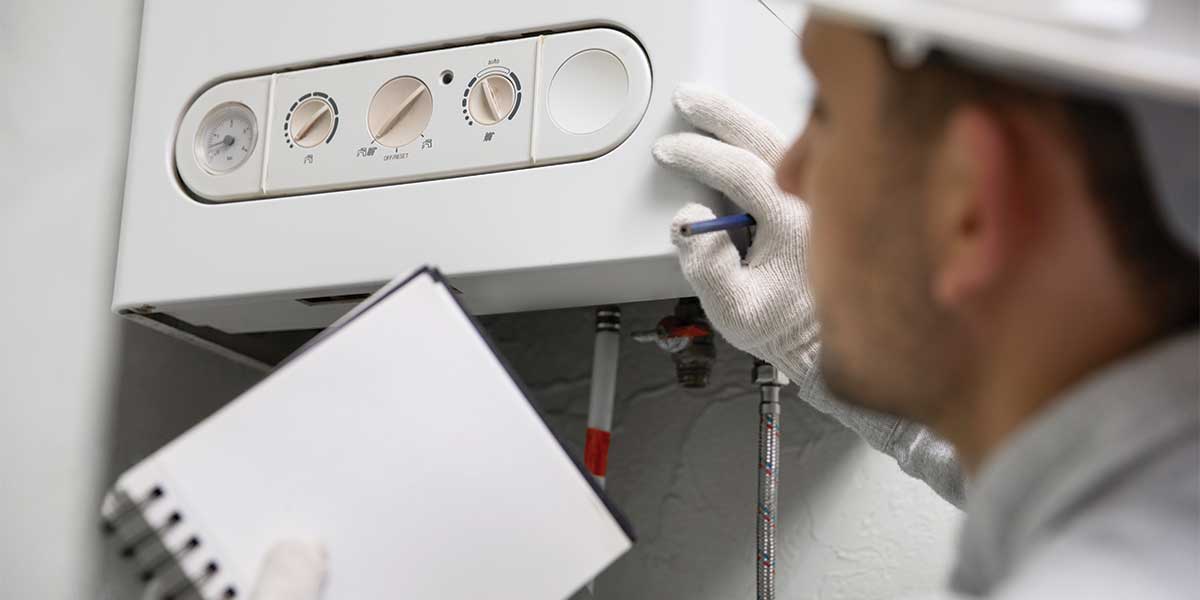At Expert Electric, we know that hot water is one of those modern conveniences you don’t really think about, until it’s gone. Having a dependable electric water heater in your home is about more than just comfort; it’s about efficiency, safety, and making smart decisions for your household. Whether you’re considering an upgrade, facing common maintenance issues, or simply curious about how these systems work, this guide will walk you through everything you need to know.
We’ve expanded this resource with answers to the most frequently asked questions about electric water heaters, practical tips for homeowners, and expert advice on installation, troubleshooting, and energy efficiency.
Understanding Electric Water Heaters
Electric water heaters are essential appliances designed to provide consistent hot water for everyday household needs, from showers and dishwashing to laundry and cooking. Unlike gas water heaters that rely on combustion, electric water heaters use resistance heating elements to raise the water’s temperature.
They are available in two primary forms:
-
Tank Water Heaters (traditional models that store hot water)
-
Tankless Water Heaters (on-demand systems that heat water instantly)
Each system comes with its own set of advantages, costs, and considerations. Choosing the right one depends on your family size, hot water demand, and long-term efficiency goals.
Tank vs. Tankless Electric Water Heaters
Tank Electric Water Heaters
Tank models have been the household standard for decades. They store between 30 to 80 gallons of pre-heated water and are ideal for families who need hot water at predictable times, such as mornings or evenings.
Pros:
-
Reliable and simple to maintain
-
Lower upfront cost compared to tankless systems
-
Compatible with most existing plumbing setups
Cons:
-
Require more space for installation
-
Limited capacity—once the hot water runs out, you must wait for the tank to refill
-
Higher standby energy loss due to continuous heating
Tankless Electric Water Heaters
Tankless systems heat water on demand, eliminating the need for a storage tank. This design is more energy-efficient and provides an endless hot water supply, perfect for households with unpredictable usage patterns.
Pros:
-
Continuous hot water supply
-
Compact size, saving valuable space
-
Longer lifespan (up to 20 years with proper care)
-
Reduced standby energy loss
Cons:
-
Higher initial installation cost
-
May require electrical system upgrades
-
Limited flow rate if multiple appliances are used simultaneously
Common Problems and Maintenance
Like any appliance, electric water heaters need routine care to stay in peak condition. Below are some of the most common issues homeowners encounter and tips for maintenance.
1. Lack of Hot Water
This could be caused by a failed heating element, thermostat issues, or even a tripped breaker. Always start by checking your electrical panel before calling for professional help.
2. Noisy Operation
If you hear popping, rumbling, or banging sounds, it’s often due to sediment build-up inside the tank. Flushing your water heater once a year helps prevent this problem.
3. Water Leaks
Leaks may occur from valves, fittings, or corrosion in the tank itself. Small leaks can sometimes be repaired, but a corroded tank usually means it’s time for replacement.
Routine Maintenance Tips
-
Flush the tank annually to remove sediment
-
Inspect the anode rod every 2–3 years to prevent tank corrosion
-
Keep the thermostat at or below 120°F (49°C) to save energy and prevent scalding
-
Clear dust and debris around the unit for better efficiency
By performing these maintenance steps—or scheduling them with a professional, you can extend the life of your electric water heater significantly.
Energy Efficiency and Cost Savings
Homeowners often ask whether electric water heaters are efficient. The truth is, they can be highly efficient when paired with modern technology and proper insulation.
Efficiency Ratings
Electric water heaters are measured by their Energy Factor (EF) rating. A higher EF rating means more efficient energy use. Tankless models often score higher than traditional tanks, and ENERGY STAR® certified models may qualify for rebates.
Energy Factor (EF) ratings help consumers understand how efficiently a water heater uses energy. Higher EF values indicate better efficiency. Tankless models typically have higher EF ratings than standard tank models. Additionally, some models are ENERGY STAR® certified, offering increased efficiency and eligibility for rebates.
Ways to Save on Costs
-
Install a timer to heat water only during peak use hours
-
Wrap your tank in an insulating blanket
-
Use low-flow faucets and showerheads to reduce hot water demand
-
Insulate hot water pipes to reduce heat loss
While electric models may cost more to operate in areas with high electricity rates, their lower upfront installation costs and safer operation often make them a worthwhile investment.

Safety Considerations for Electric Water Heaters
Safety should always be a top priority when it comes to water heating systems. While electric water heaters avoid the gas-related risks of carbon monoxide leaks, they still need to be handled carefully.
Key Safety Tips
-
Ensure proper electrical grounding and code-compliant installation
-
Keep flammable materials away from the unit
-
Set temperature no higher than 120°F (49°C)
-
Schedule annual inspections by a licensed electrician
If you notice any burning smells, sparks, or unusual electrical behavior, shut off the breaker immediately and call a professional.
Frequently Asked Questions (FAQs)
1. How long do electric water heaters last?
Most electric water heaters last between 10–15 years, depending on usage, water quality, and maintenance. Signs that it may be time for replacement include rust-colored water, inconsistent water temperatures, or unusual noises from the unit.
2. What size water heater do I need for my home?
The right size depends on household size and hot water demand:
-
1–2 people: 30–40 gallons
-
3–4 people: 40–50 gallons
-
5+ people: 50–80 gallons
Families with soaking tubs or multiple simultaneous appliance use may benefit from a larger capacity or tankless system.
3. Can I install an electric water heater myself?
DIY installation may sound tempting, but it’s risky. Improper wiring or plumbing can cause leaks, electrical hazards, and void manufacturer warranties. Always hire a licensed electrician for water heater installation. Expert Electric specializes in safe, code-compliant installations across British Columbia.
4. Are electric water heaters energy-efficient?
Yes. Modern electric water heaters, particularly tankless models, are designed to minimize standby energy loss. With proper insulation and use of timers or smart thermostats, you can maximize efficiency.
5. Do electric water heaters require annual maintenance?
Yes. Annual maintenance, including tank flushing, thermostat checks, and anode rod inspection, helps extend the life of your unit and prevents costly repairs.
6. Are tankless electric water heaters worth it?
For many households, yes. Although the initial investment is higher, tankless systems provide continuous hot water, last longer, and often reduce energy bills over time.
Final Thought
Electric water heaters are one of the most important appliances in any home. From tank to tankless models, knowing how they work, what maintenance they need, and when to replace them can save you headaches and money in the long run.
At Expert Electric, we’ve been helping homeowners in British Columbia with installations, repairs, and upgrades for decades. Whether you’re replacing an old tank, upgrading to tankless, or just have questions, our team is ready to help you find the right solution.
Don’t wait until your system fails, be proactive and make sure your home always has hot water when you need it most.
Contact Expert Electric
📞 Call Us: 604-681-8338
📧 Email: info@expertelectric.ca


